Star Trek’s Most Important Event Never Given Explanation
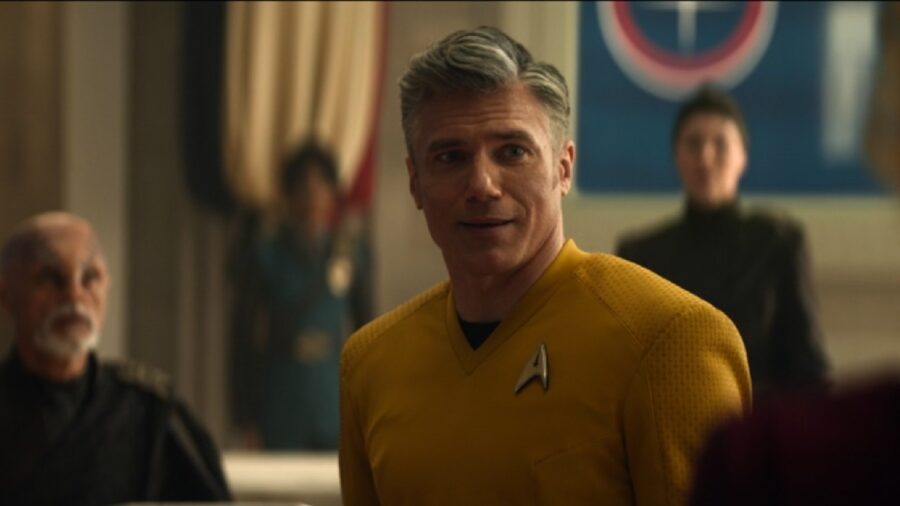
In Star Trek lore, few events are as important as World War III: this was the conflict that nearly destroyed Earth, and it was humanity’s collective willingness to find a better way forward that led to the formation of Starfleet. Because of this importance, you might think we’d know plenty more about this cataclysmic event in a franchise that has been around since 1966. However, we never get a clear explanation as to what the war was about, and even very recent Trek shows have muddled our understanding of this awful conflict.
The Original Series
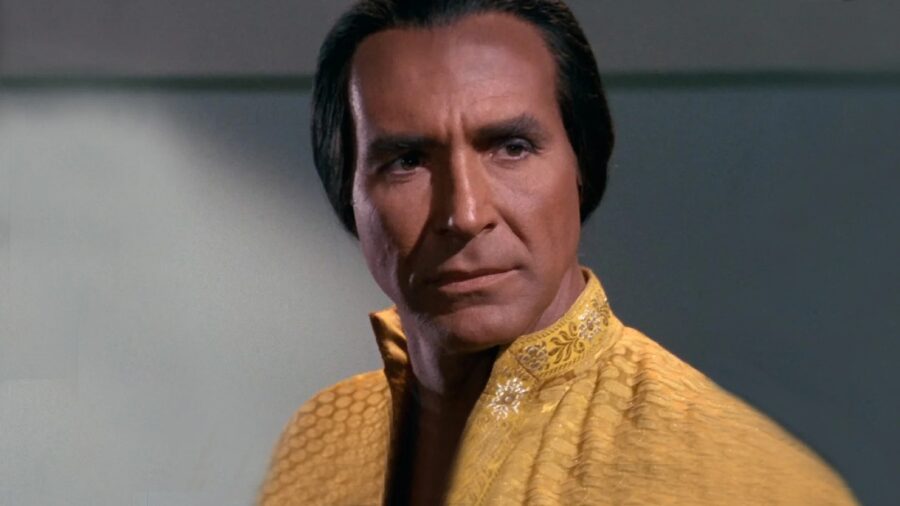
In Star Trek, the first mention of World War III comes from The Original Series episode “Assignment Earth.” Captain Kirk had traveled to the past and had to figure out whether he trusted the mysterious stranger Gary Seven to stop a nuclear weapon from detonating, potentially changing history as Kirk knew it. Kirk was convinced to let the man stop the nuke because he was told that if that weapon detonated in the year 1968, it would lead to World War III.
The next direct mention of this global conflict is tied to Star Trek: The Original Series episode “Space Seed.” In that iconic ep, we are introduced to Khan Noonien Singh, a major figure in The Eugenics Wars. Spock explicitly calls this event “the last of your so-called World Wars,” which would make it and World War III one and the same (keep this in mind).
Picard
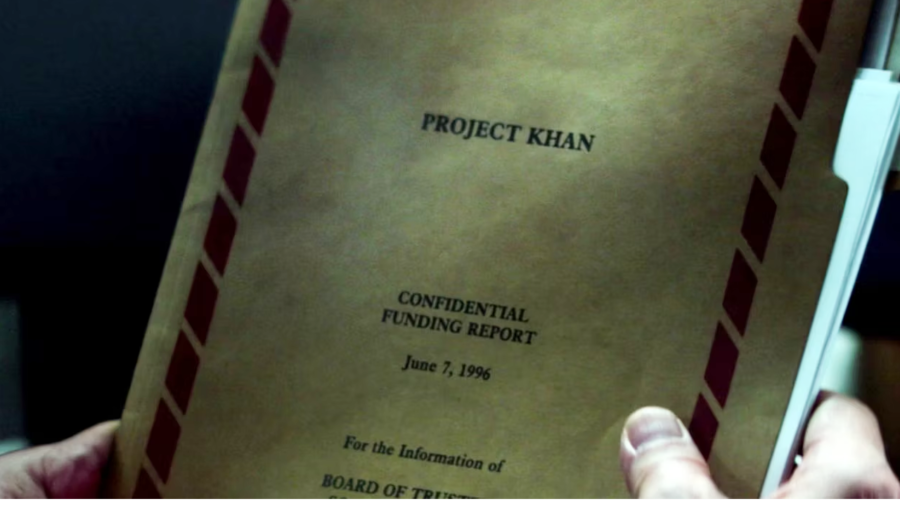
That conflict occurred between 1992-1996 and led to the death of 37 million people before Khan and his Augmented soldiers were driven from the planet. The Picard episode “Farewell” takes place in 2024 (two years before World War III), and the fact that Adam Soong views a file called “Project Khan” that dates back to the ‘90s would seemingly establish the Eugenics Wars and World War III as very intimately connected.
Strange New Worlds Muddies The Waters
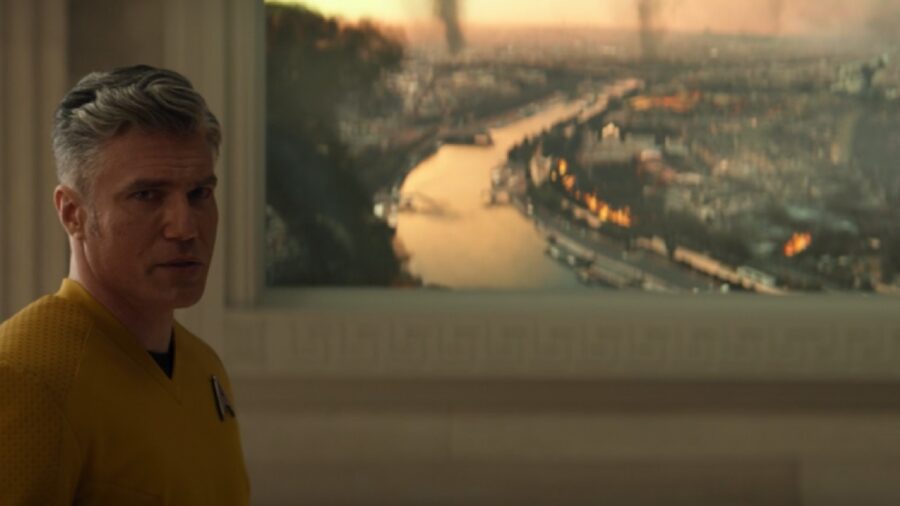
That seems straightforward as far as Star Trek goes, right? But here’s a twist: the premiere episode of Strange New Worlds introduced an event called the Second Civil War that isn’t described in much detail, but Captain Pike confidently asserts that this Civil War led to the Eugenics War, ultimately leading to World War III.
This is most likely an attempt on the writers’ part to fill in various plot holes related to this period in early Star Trek history. However, the lack of a clear timeline between the Second Civil War and the Eugenics Wars implies that these three separate conflicts might have all occurred very closely or even be belatedly considered a single conflict.
For A Usually Detailed Mythos, Trek’s WW III Offers Few Details
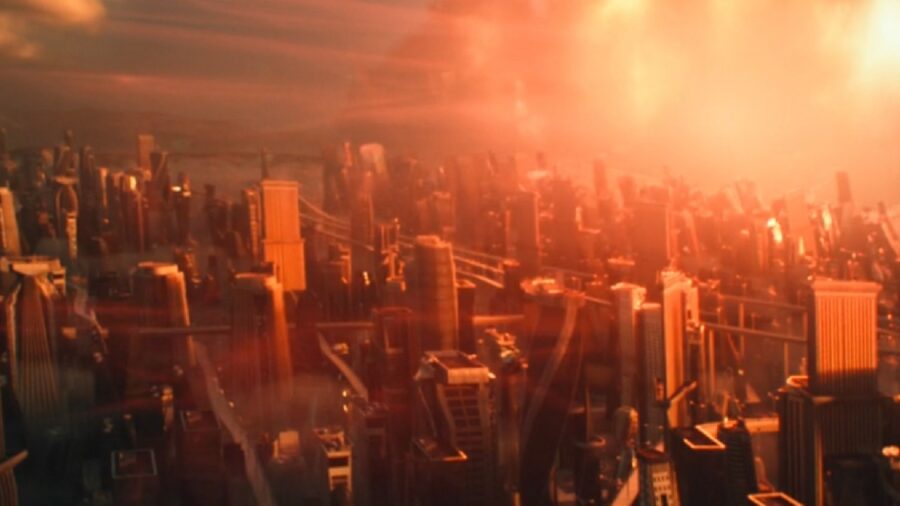
Beyond the general World War III timeline confusion, the few specific details we have about this conflict don’t make much sense. We know there were several different factions, and we know that Colonel Green used radiation sickness and other underhanded means to kill hundreds of thousands of people. Finally, we know several major cities were nuked, including New York City, Paris, Richmond, and Washington, D.C.
Fodder For A Spinoff?
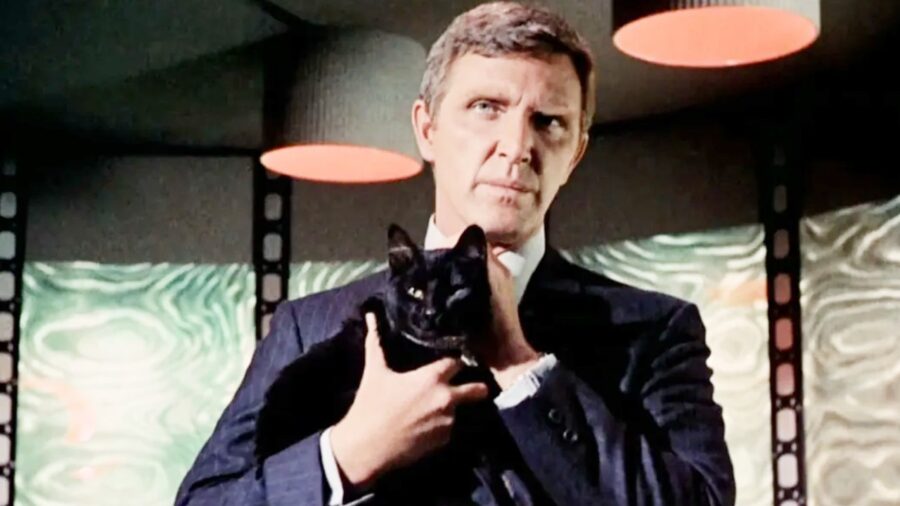
Eventually, this Star Trek conflict ended in a ceasefire, but to this day, it is unclear how all of these different events tie together: we only know two of the factions (the Eastern Coalition and Colonel Green’s forces), and we don’t even know who bombed all those major cities or why. Given how the franchise keeps focusing on prequel stories, we wouldn’t be surprised to get a definitive World War III movie or television show. Until that happens, however, fans will have to live with the fact that after nearly six decades of storytelling, the most important event in Star Trek history remains frustratingly shrouded in mystery.











